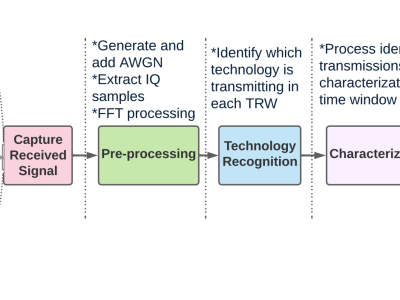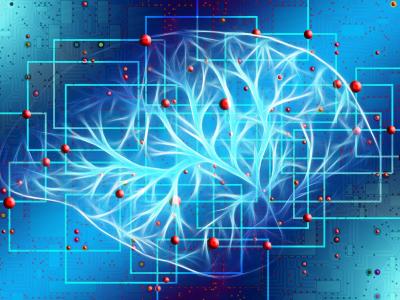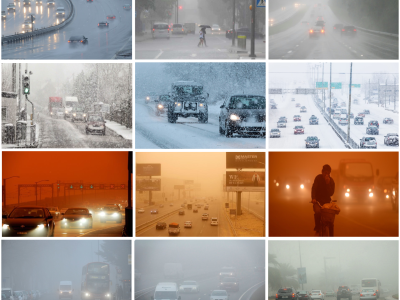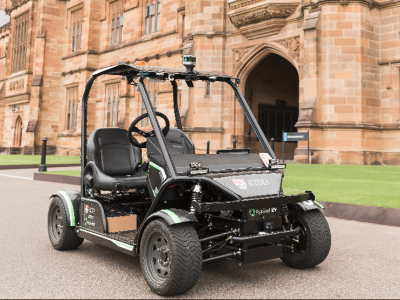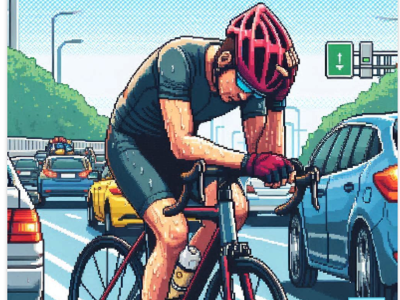
This dataset includes cyclist stress levels and a range of sensor readings capturing environmental conditions from both real-world traffic and a bike simulator environment. Data was collected using a smartphone-based sensor system, which recorded accelerometer, gyroscope, GPS, ambient light, and microphone data. Cyclists verbally reported their perceived stress levels at regular 5-second intervals, creating a labeled dataset for analyzing cyclist stress.
- Categories:



